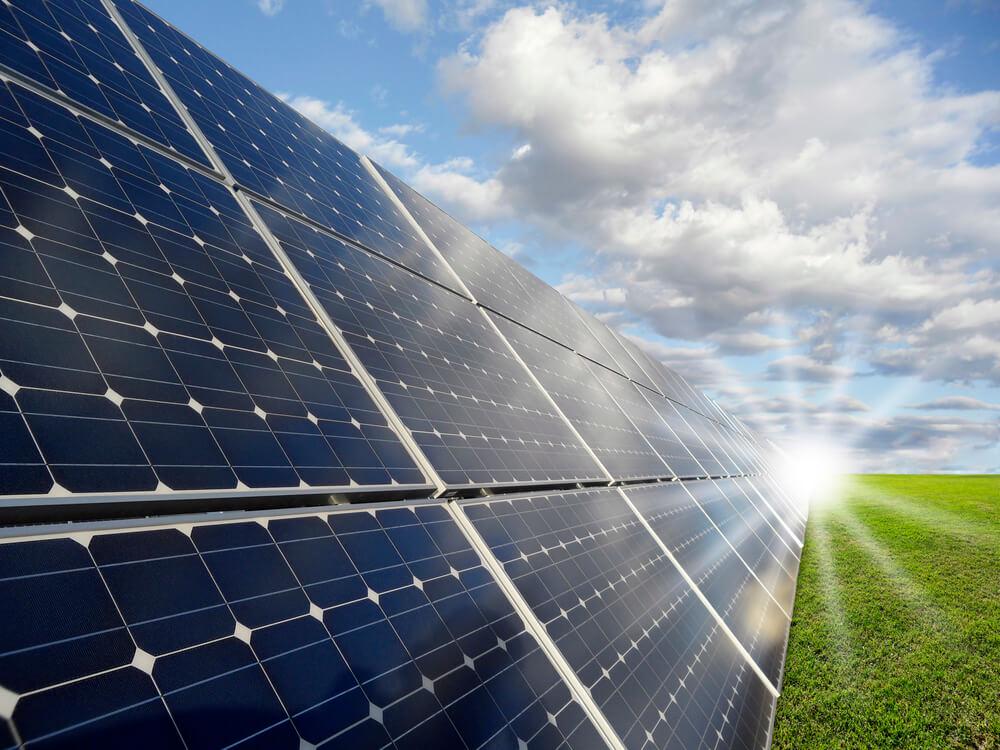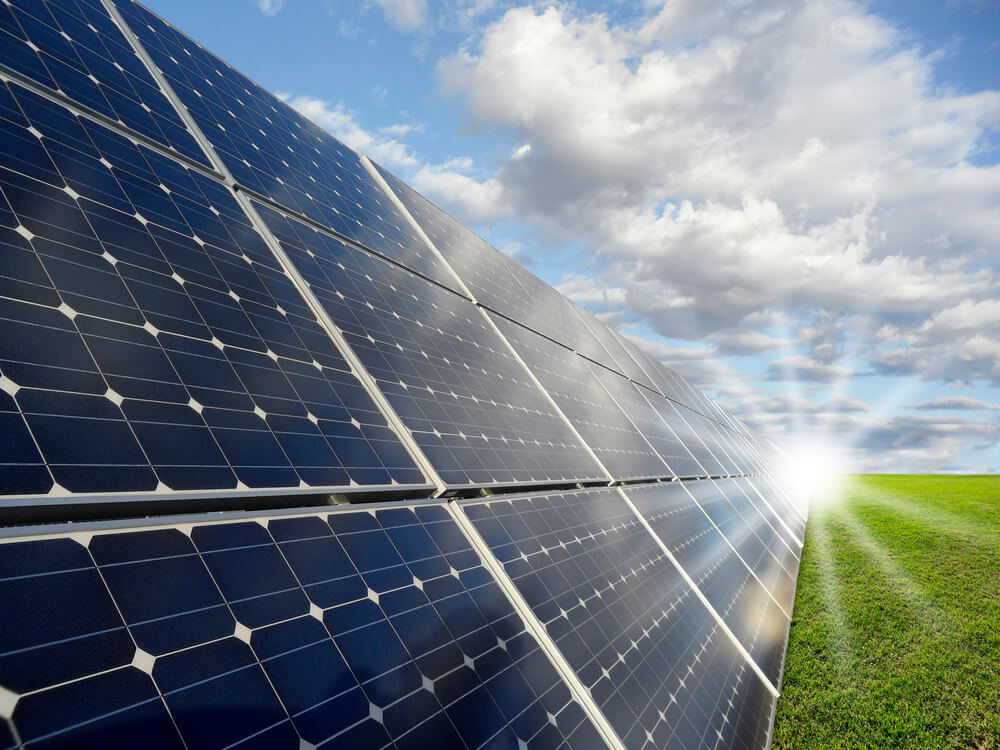The Solar Panel Validation Initiative is a joint venture between The Clean Energy Regulator (the government) and the solar industry. Its express purpose is to mitigate against the installation of unapproved solar panels in the Small-scale Renewable Energy Scheme (SRES). The broader goal here is to also protect solar consumers as well as the integrity of the Aussie solar industry.
We invite you to read on. The following brief article is a good news story about government and industry working together to facilitate transparent industry self-regulation in order to keep the shonky operators at bay. We, the consumers will also play an important role in this collaboration.
While the motivations of the key players in this initiative differ somewhat, that does not matter. The good news part is that there is now a very easy mechanism for checking that you have received the solar panels you purchased, not some second-rate dodgy imposter panel, switched at the last moment by an unscrupulous solar operator.
Getting What You Paid For
When you purchase solar panels for your new rooftop personalised mini power station, how do you know you are getting the genuine solar panel product you paid for? Well, for the most part, you can’t know.
Without a highly experienced, trained solar panel eye, one solar panel kinda looks like the next. Essentially, you’re relying on the honesty of the retailer or installer to deliver the genuine item.
Solar industry pundits would probably agree that the solar industry in Australia is pretty fair dinkum. However, there are certainly recorded instances of underhanded dealings by shonky operators, looking to benefit (illegally) from the free-flowing government solar subsidy money.
Switching solar panels approved under the Small-scale Renewable Energy Scheme (SRES) for cheap unaccredited panels can turn a handsome profit and/or provide an unfair competitive edge for the bad guys.
The Government and the Small-scale Renewable Energy Scheme (SRES)
Solar installers and retailers can legally sell you whichever solar panel meets Australian standards. However, to receive the government solar panel rebate under the SRES, the solar panels MUST be approved by the SRES; the installers must also be approved.
When dodgy operators sell you approved panels that attract the rebate, yet install unapproved panels in their place, essentially the rebate is being claimed illegally. This is fraud, and the government gets very upset about it. They prefer not to give money away to naughty people.
While fraud mitigation (money) is the Government’s main driver here (a bit cynical, yes) the SRES includes standards that have certain consumer protections, such as quality and safety. The government genuinely wants enforceable solar standards that protect everyone.
Limiting the rebate to products and installers that meet SRES accreditation and standards, encourages, and indeed rewards consumers for selecting the better product and the better installer.
The Solar Industry
Fair dinkum Aussie solar operators genuinely want a clean playing field. While accreditation under the SRES (and now the Validation scheme), adds costs to business, the industry ultimately benefits due to increased consumer confidence.
When an industry can self-regulate successfully, the need for overly stringent and more frequent regulatory body intervention can be avoided. Cumbersome, costly and time-consuming regulatory hoops weigh heavily on business.
Regulatory mechanisms such as the Solar Panel Validation Initiative keeps regulation and checking compliance relatively simple. At the same time, it squeezes out the dodgy operators.
For those in the solar industry, the government is dangling plenty of incentive to sign up to the initiative, and the big names in global solar are jumping on board. Ten solar panel manufacturers have already signed up to the scheme. “These manufacturers cover more than half the 6 million solar panels expected to be installed on Australian rooftops this year.”
The Panel Validation Process is Very Simple for All Involved
Here’s how the validation process works.
- When on-site at your place, the installer scans the serial numbers on your panels and sends the data off via an app.
- The request for validation is received by a validation service.
- The installer or retailer receives real-time confirmation that the panels are genuine and finalises the installation. The consumer is notified that their panels are the real McCoy and the Clean Energy Regulator receives a signed confirmation with accompanying data.
- The Clean Energy Regulator Validates the small-scale technology certificates. (The rebate stuff).
Yep, it’s that simple.
Here is a list of solar panel manufacturers approved to work under the Solar Panel Validation Scheme:
- Canadian Solar
- Hanwha Q Cells
- Jinko Solar
- LG Electronics
- Opal Solar
- ReneSola
- Trina Solar
- Winaico
- Yingli Solar
##
Conclusion
Simple solutions are often the best, and there is certainly an easy feel to the Solar Panel Validation Initiative. Over time, its success or otherwise will be revealed, but with the big global solar kings already on board, one can anticipate at least a modicum of success. The industry like it, the government is happy and we will enjoy a new level of consumer protection.
History has shown repeatedly that industry self-regulation is fraught. There are many instances of self-regulation that more or less equate to putting the fox in charge of the hen house. In this instance, however, there is something very clean about this scheme.
It really seems that the solar industry, by and large, is very keen to work with regulators and rid the market of undesirables. Ultimately, all stakeholders benefit.
In the introduction, we said that consumers play an important role in this collaboration. Our contribution is an informed choice, supporting best practice and rewarding compliant solar operators with your consideration. When we encourage best practice with our custom, we reap the rewards.



